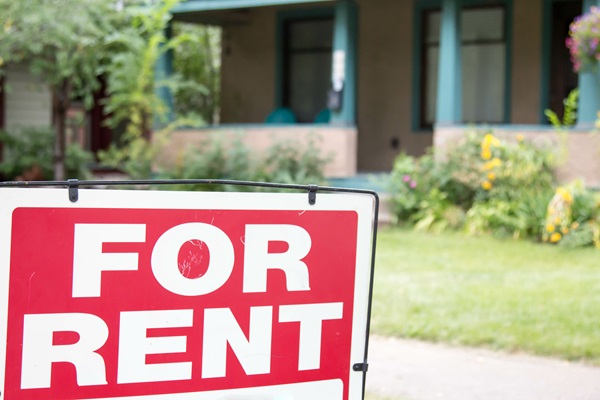In the latest Fannie Mae Research and Insights Perspectives Blog, Fannie Mae looks at and identifies challenges faced by today’s renters which found overall that about one-third of U.S. households are renters and their struggles aren’t static and are in fact intensifying—and that fact is not just limited to their monthly rent bill.
Of the recent findings of a survey conducted by Fannie Mae to better understand the changing needs and pain points of people who rent, the survey of more than 2,500 renters was conducted last year and was essentially a repeat of a similar survey conducted in 2021.
The results showed that overall affordability and the difficulty of finding a home that meets their needs were among renters’ greatest concerns.
This finding came at no surprise to Fannie Mae, given the fact of an inadequate supply of all forms of rental housing that is currently plaguing markets.
As of 2022, about half of all renters—over 22 million households—were cost-burdened, that is, spending more than 30% of their income on rent and utilities. However, a typical renter’s challenges don’t end there.
Highlights of the findings are:
- In addition to finding a home that meets their needs, many renters said a top challenge was finding the cash for upfront costs, such as the fees for an application and the security deposit. Thirty-four percent of respondents said this was a top concern in 2023, compared with 26% who said so in 2021.
- Other concerning and frequent challenges include unexpected changes in lease terms at renewal, the inability to use rent payments in building credit history, and difficulty and delay in getting security deposits returned.
- Most renters reported they are not very knowledgeable about their rights as renters.
- Black and Latino renters reported a greater likelihood of experiencing certain challenges, particularly when it comes to rental application rejections, unexpected fees, and use of housing vouchers.
- A majority of renters (63%) said that their relationship with their landlord is somewhat positive or very positive.
Notably, according to Fannie Mae, about a third of renters are “permanent renters,” who plan to rent indefinitely, either by choice or by circumstance. Understanding who they are, what their needs are, and how to reduce obstacles to stability, affordability, and habitability is one way Fannie Mae is working to make the housing system more responsive to the emerging needs of the families we ultimately serve, whether they rent indefinitely or plan to purchase a home in the future.
A full overview of the survey’s findings can be found here.







